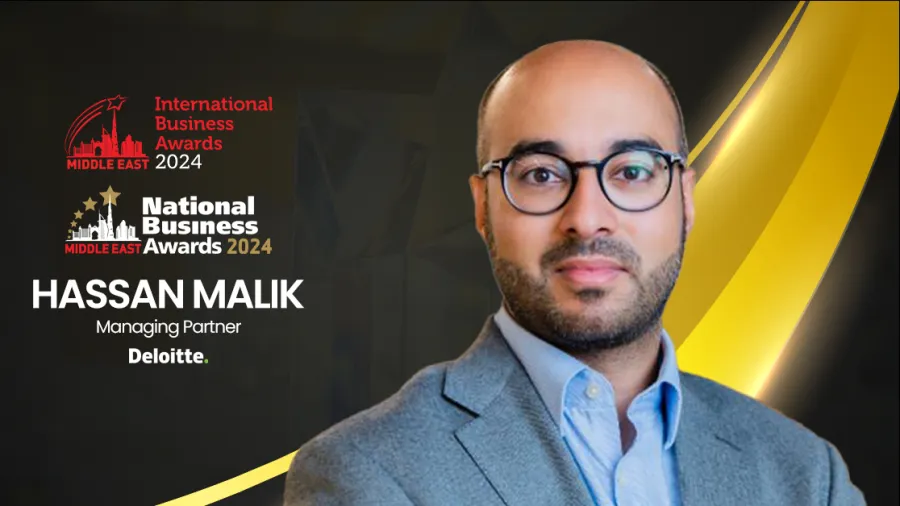
Prioritise emerging sectors with high growth potential, adopt new tech to stay competitive: Monitor Deloitte’s Hassan Malik
Businesses should understand the economic goals of their target countries and tailor their offerings to contribute to those goals.
The rapid adoption of digital technologies like artificial intelligence and blockchain have undoubtedly become significant forces influencing companies today. There is also a growing emphasis on sustainability, driven by both regulations and consumer demand for environmentally responsible practices.
In this dynamic environment, businesses in the Middle East face unique opportunities and challenges. To navigate this landscape successfully, we turn to Hassan Malik, Managing Partner for Monitor Deloitte in the Middle East, the strategy consulting service line of Deloitte.
Hassan brings over 18 years of experience in strategy and execution to the table, having worked with both consultancies and industry leaders. Hassan’s experiences include corporate and business unit strategy, strategic planning, strategy execution, and economic development.
In the following interview, Hassan as a judge in the Middle East International Business Awards and National Business Awards 2024 offers valuable insights on how businesses in the region can thrive in the years to come.
What emerging trends do you see shaping businesses in the region? How can businesses best capitalise on these trends?
There are a range of emerging trends that are shaping businesses today. One significant trend we see is the increasing adoption of digital technologies, including artificial intelligence, blockchain, and IoT, which are revolutionising business operations and enhancing efficiency. Another trend is the growing focus on sustainability and corporate social responsibility, driven by both regulatory requirements and consumer demand for environmentally friendly practices. Also, the rise of the gig economy and remote work, which have been around for some time, is evolving and reshaping the labour market and encouraging organisations to rethink their talent management strategies. To capitalise on these trends, businesses should invest in digital transformation initiatives, prioritise sustainability in their operations, and adapt their workforce strategies to accommodate remote work arrangements.
In your experience, what are some unique challenges and opportunities faced by businesses in the Middle East when it comes to strategic planning?
One of the biggest challenges is the availability and accuracy of data to help inform strategic planning decisions. Overall, there is limited public or private information on the sectors, subsectors, companies and key demographic, economic and social indicators, though this may vary slightly based on the specific sector. This can make it more challenging to set out clear choices and select from these the future direction of the business. To excel in strategic planning, businesses need to conduct thorough market analysis, leverage local expertise and remain agile.
The Middle East is experiencing significant economic diversification efforts. Can you share some insights on how businesses can contribute to and benefit from this development?
The larger Middle East economies historically were focussed on traditional sectors such as oil and gas. However, the drive to diversify into new sectors for the region, including renewables, tourism, sport, events and technology, can provide new opportunities for businesses to provide additional products or services and to also reach a much wider potential target customer base for existing products or services. Businesses should understand the national visions of the key economies in the region and consider how they may be able to contribute towards these valuably. Consider prioritising the high-growth sectors that may previously have been nascent and being at the forefront of implementing emerging technologies.
How do you balance long-term strategic planning with the need for agility and responsiveness in a rapidly changing market?
I would suggest separating strategy vs planning. Strategy defines what the business wants to achieve and what success looks like. This should not change regularly despite market agility; rather, it should be innovative, ambitious, and for the long term. It is about the integrated set of choices available to a business and which they choose to select. In terms of agility in the rapidly changing market, a business should have active market intelligence to learn about relevant market changes, focus on shorter planning cycles that allow for frequent adjustment and implement more agile practices both for management and the entire organisation which focus on collaboration and flexibility. By combining these, the business should be able to navigate the dynamic market whilst staying aligned with the long-term strategy.
How important do you think diversity and inclusion are for the long-term success of businesses in the region? What initiatives have you seen that effectively promote diversity and inclusion within the business community in the Middle East?
Diversity and inclusion are critical for the long-term success of businesses in the region, fostering innovation, driving employee engagement and enhancing organisational performance. In the Middle East, where cultural diversity is prevalent, embracing diversity and inclusion can unlock the full potential of talent and fuel business growth. Some effective initiatives I have seen both at Deloitte and other leading organisations include implementing inclusive hiring practices, providing diversity training and education, and creating a supportive work environment where all employees feel valued and empowered to contribute their unique perspectives.
As a judge at the Middle East International Business Awards and National Business Awards, what qualities do you look for in award-winning businesses?
I look for several qualities, such as innovation, strategic vision and execution, as well as a commitment to sustainability. I also value businesses that prioritise customer satisfaction, employee development, and ethical business practices. Ultimately, award-winning businesses are those that are not only financially successful but also make a positive impact on society.
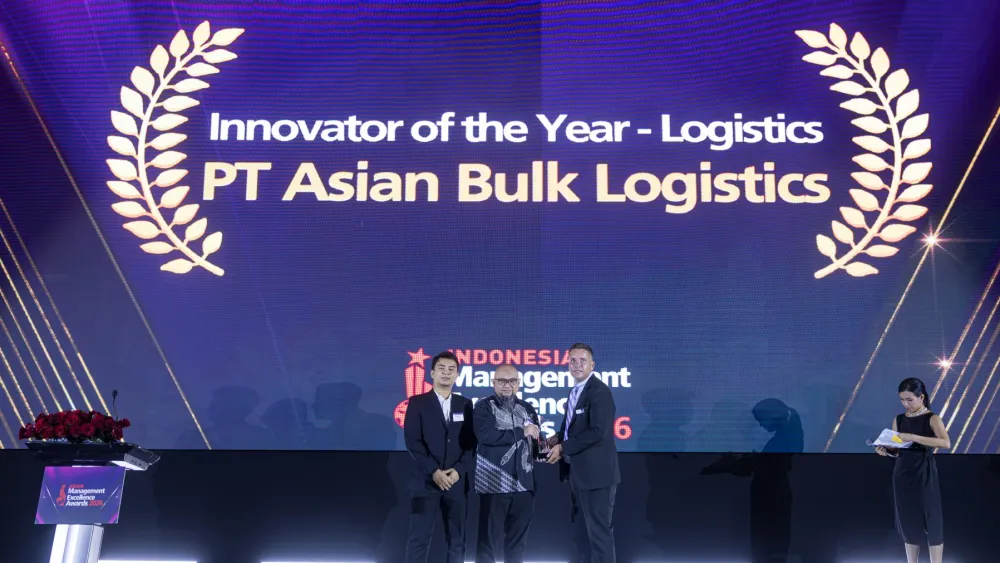
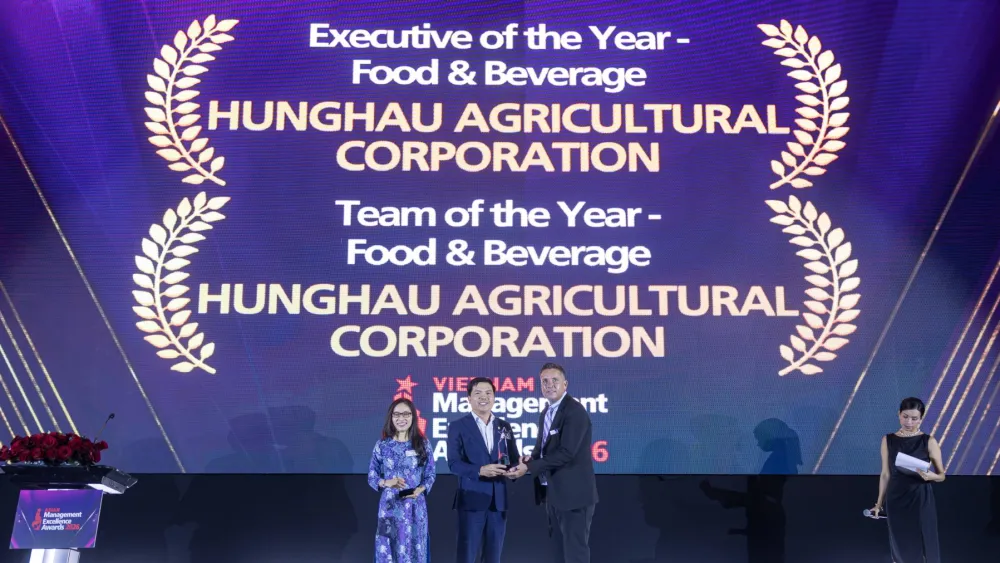








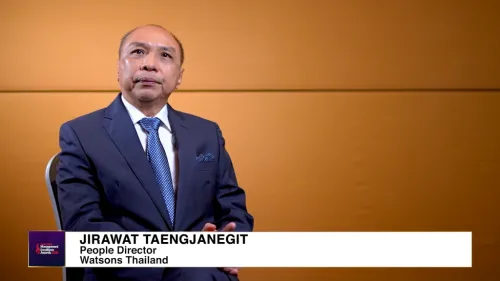


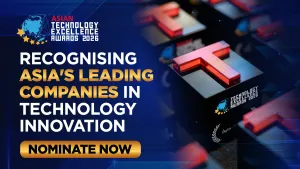





 Advertise
Advertise








